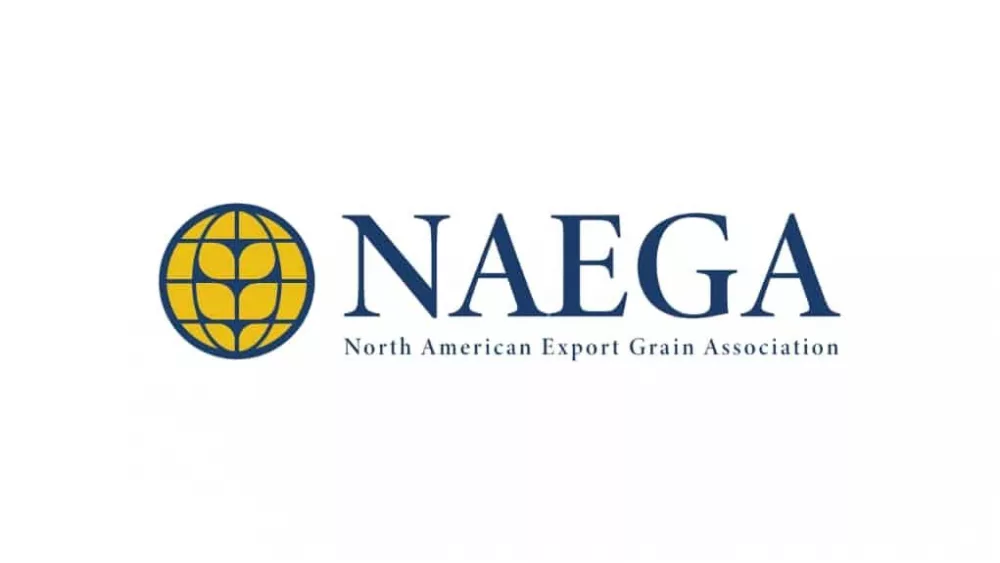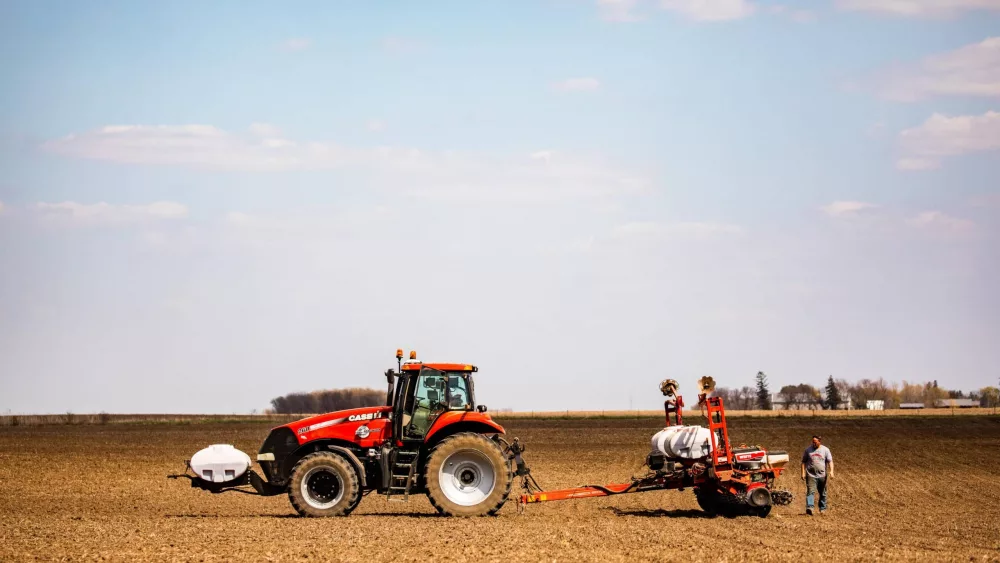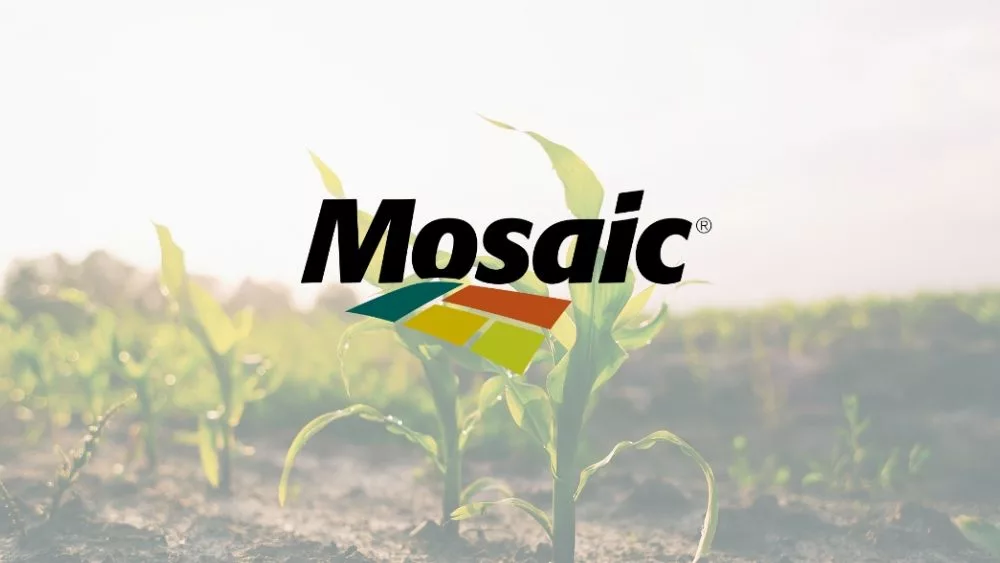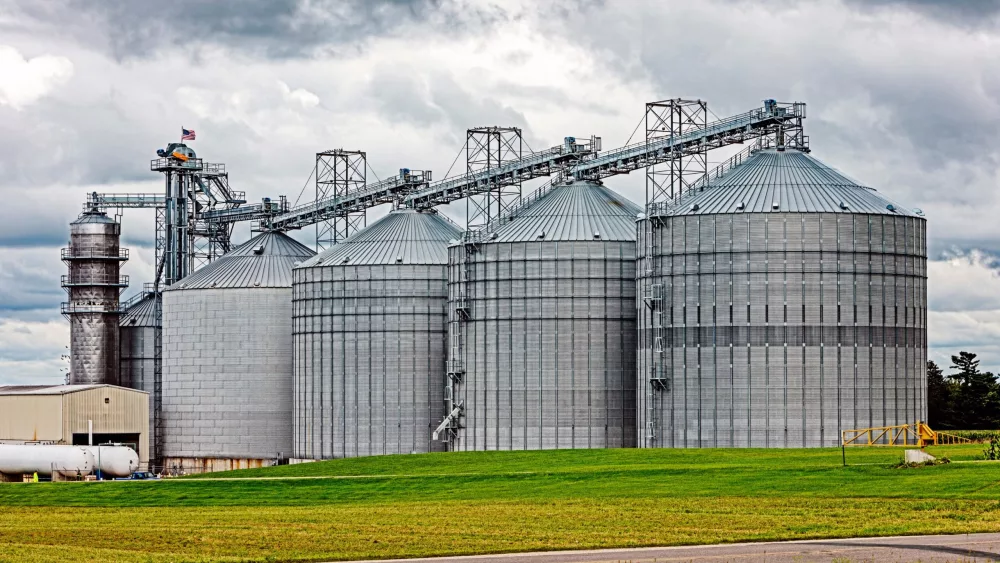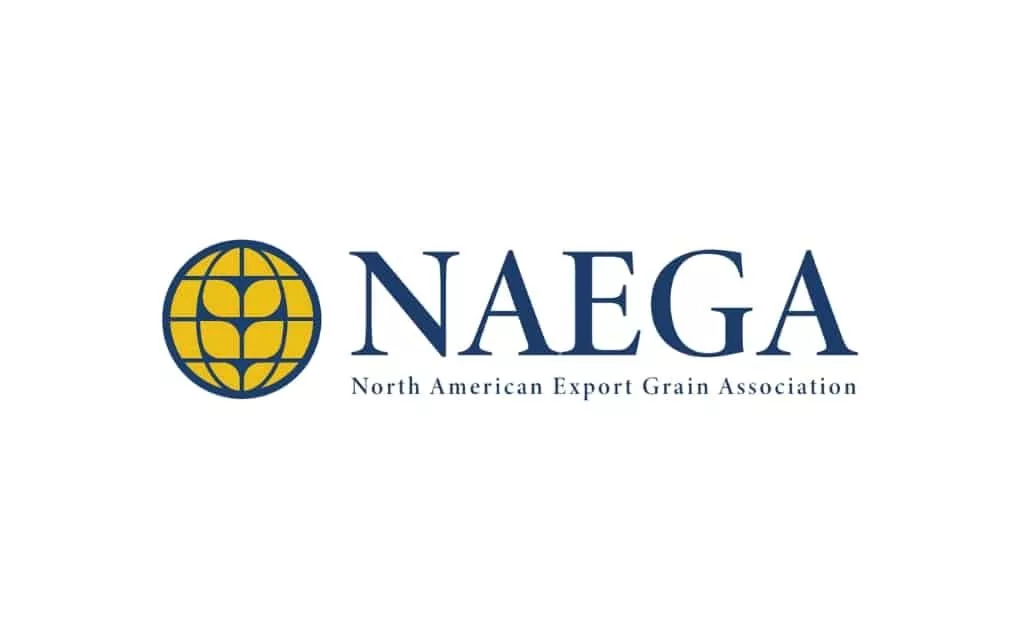
(Washington D.C.) — Alejandra Castillo, president and CEO of the North American Export Grain Association (NAEGA), testified this week before the Section 301 Committee’s public hearing on the United States Trade Representative’s proposed actions in relation to its investigation of China’s targeting of the maritime, logistics, and shipbuilding sectors for dominance.
Acknowledging the findings of USTR’s Section 301 investigation in relation to China’s pursuit of dominance in the maritime, logistics and shipbuilding sectors through non-market practices over a series of decades, Ms. Castillo said NAEGA welcomes the U.S. government’s focus on restoring domestic shipbuilding capacities. However, she also underscored that the proposed actions would not address China’s practices but would rather erode U.S market share of trade in agricultural commodities and harm American farmers and the agricultural economy.
NAEGA urged USTR to explore alternative responses to China’s targeting of the maritime, logistics and shipbuilding sectors that did not cause irreversible harm to U.S. bulk agricultural exports and erode the United States’ trade surplus in these commodities.
The testimony was supported by written comments and economic analysis submitted by NAEGA, the National Grain and Feed Association (NGFA) and the National Oilseed Processors Association (NOPA).
The associations’ statement points out that nearly one fourth of all grain and 40% of all oilseeds grown in the U.S. are exported, delivering a $65 billion trade surplus. It further highlights that while nearly 300 bulk vessels call on U.S. ports each month to ship U.S. agricultural commodities, there is a mismatch in available U.S.-built vessels as “just 7 bulk carriers are flying the American flag, and only 5 were built in the United States.”
Ms. Castillo said that the consequences of the proposals would affect all American agriculture, including the inland transportation, processing, manufacturing, and production agriculture sectors.
The proposed port entry fees would cause a cost increase of between $15 and $40 per metric ton for many U.S. agriculture exports. These increases are sufficient to drive down U.S. agricultural export competitiveness, lower farmgate prices, and reduce U.S. farm output, leading to a contraction in U.S. exportable supply.
As a result, it is estimated that the port entry fees would reduce wheat, soybean and corn farmers’ production revenue by a cumulative $16-17 billion per year.
In the face of the expected consequences from the proposed actions, Ms. Castillo said “we encourage the U.S. government to consider alternative approaches that stimulate domestic shipbuilding as opposed to port entry fees and export restrictions that will penalize U.S. agriculture to the benefit of global competitors”.
ABOUT NAEGA
The North American Export Grain Association (NAEGA), a not-for-profit trade association established in 1912, consists of private and publicly owned companies and farmer-owned cooperatives that are involved in and provide services to the agri-bulk products international trading industry. NAEGA’s mission is to promote and sustain the reliability of commercial agricultural exports.

